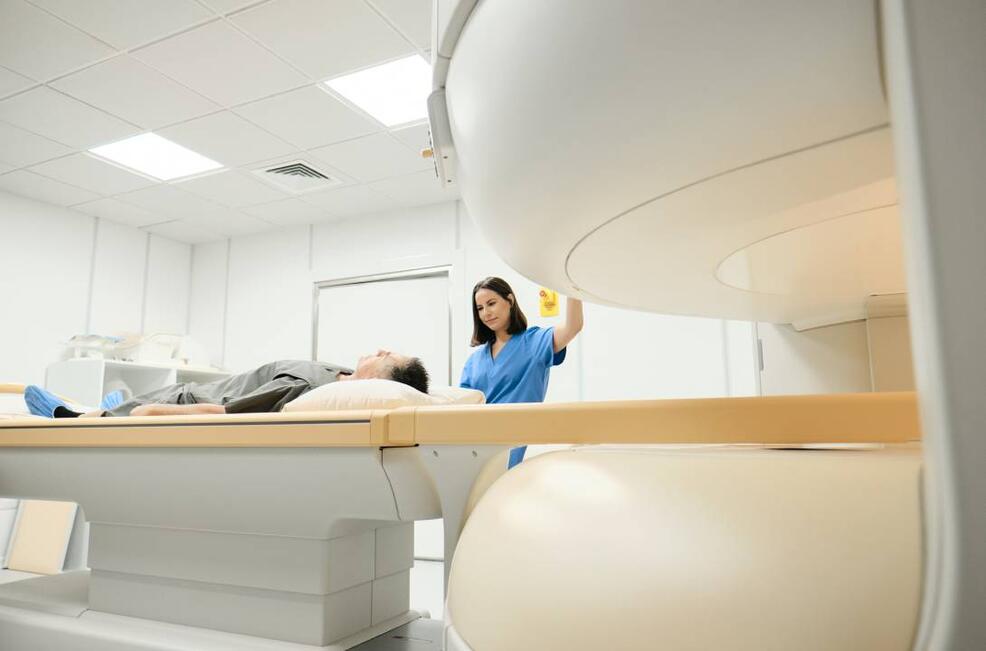Overview
The Radiation Oncology and Imaging Program brings together radiation biologists, imaging scientists, medical physicists, bioengineers, radiation oncologists and radiologists. Its mission is to foster research that brings together clinical, basic science, and engineering approaches. The program uses rigorous, quantitative approaches to facilitate and enhance:
- Detection, diagnosis, and biologic staging of cancer to guide treatment strategies.
- Early response assessment and prediction of long-term clinical outcomes to allow for adaptive treatment.
- Ways to assess the effects of treatment on the function of normal tissue and organs.
- The understanding of mechanisms of tumor response and normal tissue injury from radiation therapy.
- Training of future physicians and scientists with complementary expertise who will serve as the next generation of leaders in cancer imaging and therapy.



